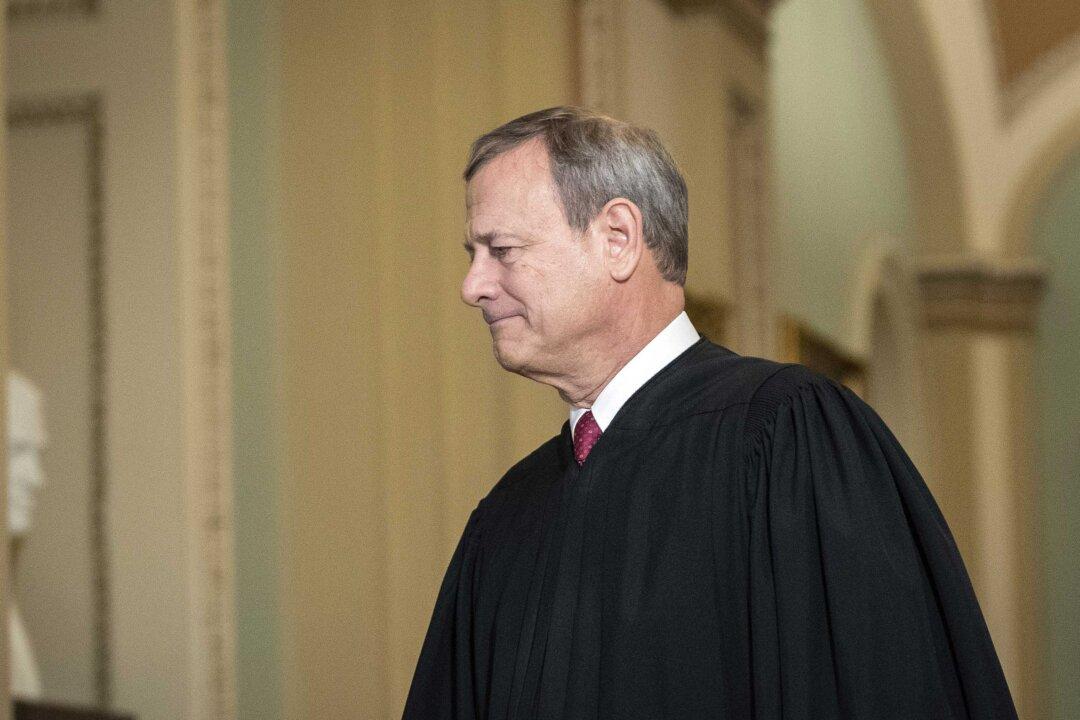Commentary
John Roberts’ tenure as the 17th chief justice of the U.S. Supreme Court has been tempestuous. He has been criticized, vilified, and denounced, and many times he has been urged to resign.


John Roberts’ tenure as the 17th chief justice of the U.S. Supreme Court has been tempestuous. He has been criticized, vilified, and denounced, and many times he has been urged to resign.